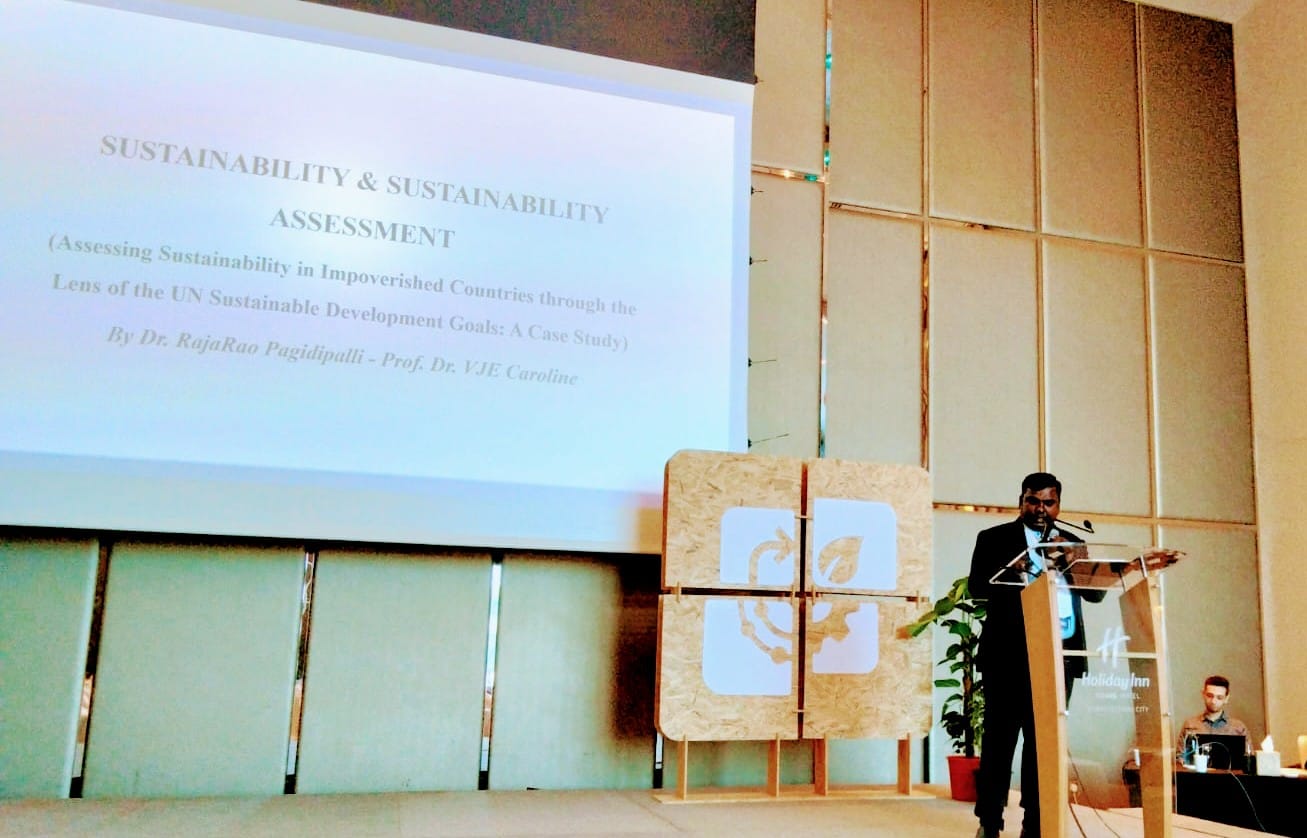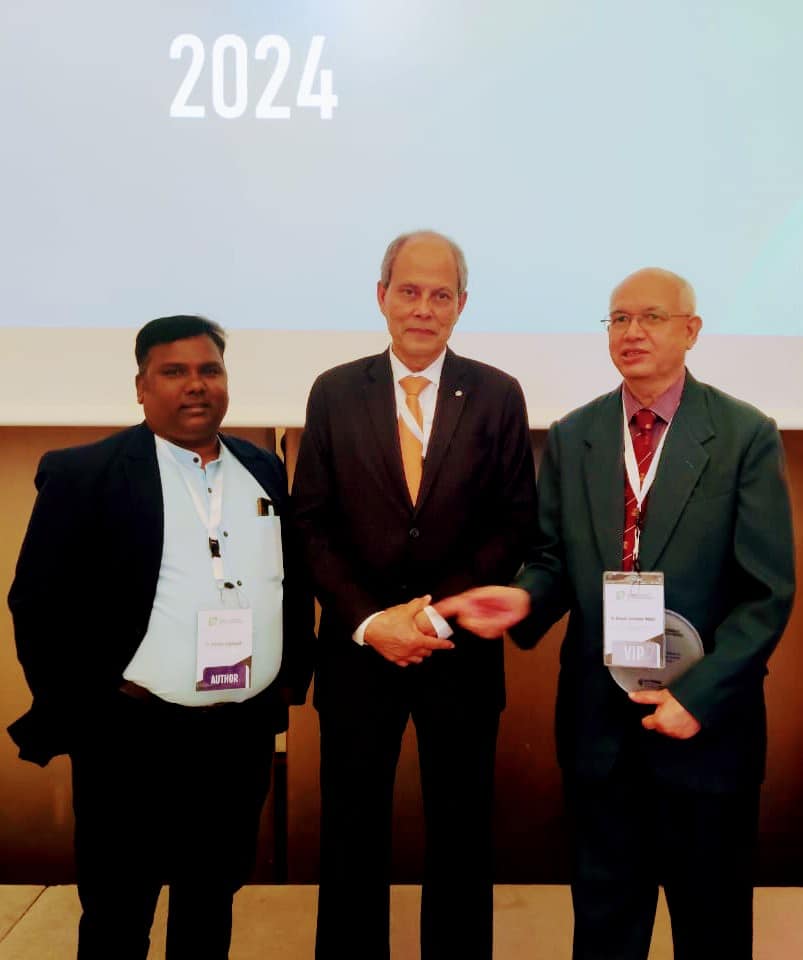COP 28 Resolution 48/57: Technology and capacity building are also enablers for inclusion. The 5th Capacity-building Hub provided an inclusive and engaging platform for a variety of capacity-building actors, especially its ‘Capacities for Rights-based Climate Action Day.’ This day explored the integration of rights-based participatory approaches into climate action and mobilized grassroots organizations, Indigenous Peoples and local communities, youth, children, gender advocates, and people with disabilities to enhance their capacity to participate constructively in the climate change process. Private finance was also explored as an enabler for inclusion during the ‘Private Finance Capacities Day’ in uniting private, public, and philanthropic institutions, on building capacity to unlock private capital to a wide array of actors.
Resolution point 48 highlights the importance of technology and capacity building as enablers for inclusion in climate action. It discusses the activities of the 5th Capacity-building Hub, particularly the ‘Capacities for Rights-based Climate Action Day’ and the ‘Private Finance Capacities Day,’ which aimed to enhance the participation of various stakeholders, including grassroots organizations, Indigenous Peoples, local communities, youth, children, gender advocates, and people with disabilities, in climate change initiatives.
Positive Side:
Inclusive Platform: The 5th Capacity-building Hub provided an inclusive platform for a diverse range of stakeholders to engage in capacity-building activities related to climate action. By including marginalized and underrepresented groups such as Indigenous Peoples, local communities, and people with disabilities, the initiative ensures that a wide range of voices are heard and considered in climate decision-making processes.
Rights-based Approach: The ‘Capacities for Rights-based Climate Action Day’ emphasized the integration of rights-based participatory approaches into climate action. This approach acknowledges the importance of human rights and equity in addressing climate change, ensuring that vulnerable communities have the capacity to participate meaningfully in climate initiatives that affect them.
Private Finance Engagement: The ‘Private Finance Capacities Day’ focused on building the capacity of various actors, including private, public, and philanthropic institutions, to unlock private capital for climate action. By engaging the private sector in capacity-building efforts, the initiative seeks to mobilize additional resources and expertise to support climate initiatives and enhance their effectiveness.
Negative Side:
Inclusivity Challenges: While the initiative aims to be inclusive, there may be challenges in ensuring meaningful participation from all stakeholders, particularly those from marginalized groups. Barriers such as language, accessibility, and resource limitations may hinder the full engagement of certain communities, including Indigenous Peoples and people with disabilities.
Sustainability Concerns: There may be concerns about the long-term sustainability of capacity-building efforts, especially in resource-constrained environments. Without adequate funding and ongoing support, capacity-building initiatives may struggle to maintain momentum and achieve lasting impact.
Private Sector Influence: While engaging the private sector can mobilize additional resources, there may be concerns about the influence of private interests on climate action agendas. Without proper safeguards and transparency measures, there is a risk that private finance initiatives could prioritize profit over social and environmental objectives.
In summary, while the activities of the 5th Capacity-building Hub demonstrate positive efforts to enhance inclusion and capacity building in climate action, challenges related to inclusivity, sustainability, and private sector influence need to be addressed to maximize the impact of these initiatives.


